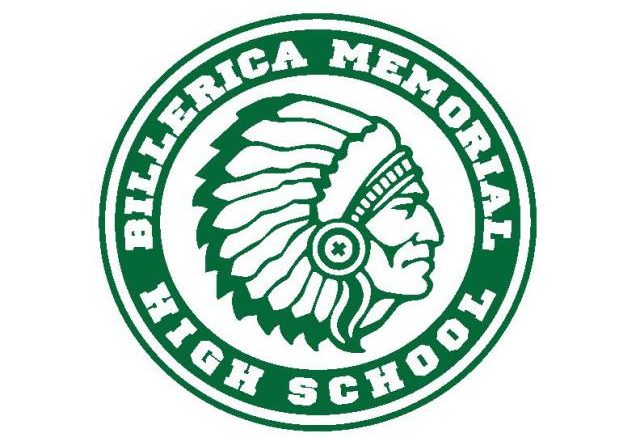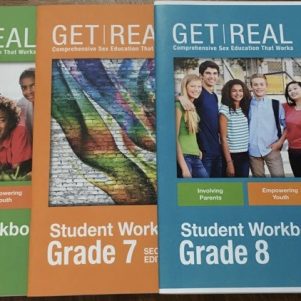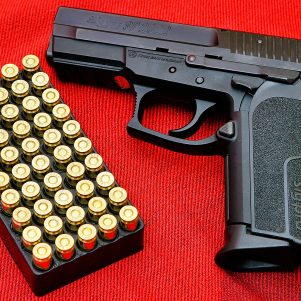Should Fate of Native American Mascots Be Decided By Beacon Hill?
By Evan Lips | June 7, 2017, 20:45 EDT

BOSTON — The long-simmering question of whether school districts or the state should determine which sports mascots are acceptable reached a boil on Tuesday, as Beacon Hill lawmakers received an earful of testimony from both Native Americans and non-Native Americans claiming that sports names such as “Redmen” and “Indians” wreak havoc on various individuals’ quality of life.
Only one non-legislator spoke out against the bill, introduced by state Senator Barbara L’Italien (D-Andover), “an act to prohibit the use of Native American mascots by public schools in the commonwealth.”
About 40 Massachusetts public school district boast mascots that would fall under L’Italien’s legislation.
Gene Weeden-Williams, an Amesbury resident who identified himself as a “descendant of two tribes,” told members of the Education Committee that the symbol of “the American Indian is synonymous with freedom.”
“That’s our heritage, and to deny us the right to put an effigy of ourselves as a mascot I feel is un-American and unpatriotic,” Weeden-Williams said. “I know the guys in here have hard times with prejudice and things like that, but you can’t buckle under it.
“You can’t climb a mountain and not expect it to be tough.”
Weeden-Williams’s testimony stood in stark contrast to nearly every other member of the public who spoke. Dan Volchok, chairman of the Masconoment Regional School Committee, serving Boxford, Middleton, and Topsfield, requested from lawmakers an exemption for his school district, should the bill pass. Volchok argued that the nickname “Chieftains” paid homage to Chief Masconoment, sagamore of the Agawam tribe of the Algonquin-speaking people.
“We’re using his title as our mascot and our name,” he said. “We don’t have students in headdresses, no tomahawk chops, no symbolism.”
Volchok acknowledged, however, that his school committee has never consulted with any Native American representatives.
A Melrose resident, University of Massachusetts-Boston professor Jana Jackson Kellinger, later took offense at Weeden-Williams’s words. She called the presence of Native American mascots in public schools “state-sanctioned bigotry.”
“I’d also like to address the man who said people should ‘toughen up’,” Jackson Kellinger said. “Imagine we said that to all the gay kids who were bullied and committed suicide or any other minority population.”
Mentions of Melrose, whose public school mascot happens to be the Red Raider, frequented Tuesday’s hearing. Parent Heather Leavell quoted directly from an op-ed she had published in the Boston Globe, in which she argued that Native American mascots “gloss over ugly truths of American history,” as “native people have been victims of European diseases, land theft, slavery, forced relocation, military occupation, and cultural oppression.”
Shaunna Manning of the Massachusetts Teachers Association shared an anecdote regarding a recent visit she made to her granddaughter’s elementary school in Marshfield. That day, the school held a “fourth grade state float fair,” and Manning recalled observing that just one state — Oklahoma — referred to Native Americans. Manning said she later caught up with the fourth grade boy who represented the state, who she said told her he had “no idea” how Native Americans wound up in Oklahoma.
“He didn’t know about Andrew Jackson, the Trail of Tears and the Indian Removal Act,” she said. “He knew when I left, though.
“That was a real teachable moment.”
Jason Packineau, a Lincoln resident, Native American, and community coordinator for Harvard University’s Native American Program, told lawmakers he can rarely ride public transit or step out in public without being approached by strangers seeking to touch his long, braided hair. He added that people have routinely called him “chief” and “savage” and noted that the mascots were not created by Native Americans.
“I cannot respect that statement that these [mascots] are respectful,” he said.
Weeden-Williams noted, however, that he too frequently gets stopped in public and asked about his Native American heritage.
“If I had a doggone nickel for the number of times people stopped me I could go out and buy a damn new car,” he said. “But that’s just how it is.
“I’m proud to say I live here in Massachusetts, I’m proud of my Native American brethren and everybody else. I’ve got no axe to grind. Life is tough, damn tough, you gotta stand up to it and I say that to my native brethren and anyone else.”
Rebecca Slisz, who said she moved to Winchester a year and a half ago, told committee members she attended Dartmouth College, which dropped its own Indian mascot during the early 1970s and adopted the more sanitized “Big Green” moniker.
“White privilege is real,” she said. “Even if my intentions are good, and if I don’t think I’m offending anyone, I need to check my assumptions, abandon all traditions.”
Referring to Winchester’s own mascot, Slisz said she “cannot accept the sports team called Sachems and the enormous Indian head adorning the entrance to our high school.”
Weymouth resident Sherrie Noble, who made headlines during the 1990s when while living in Ohio she spearheaded a lawsuit try to force the Cleveland Indians baseball team to drop its name and logo, also testified.
Noble mentioned North Quincy, which boasts an Indian mascot named Yakoo, complete with a red-faced depiction.
WATCH: 2011 Thanksgiving North Quincy High School rally:
“Massachusetts is in violation of its own laws with these mascots — the bullying law,” Noble argued, noting that the recently enacted law requires schools to craft and adhere to a plan designed to prevent the creation of hostile environments. “You want to tell me this image, a caricature of an Armenian gentleman, doesn’t create a hostile environment?”
Earlier this year, Noble testified in favor of a bill that calls for changing Massachusetts’s state flag over its depiction of a sword hovering above a Native American’s head, as the Native American points his arrows to the ground, which Noble and others testified indicates a symbol of submission.
James Moonanum, a member of the United American Indians of New England, recalled being spat upon and berated by baseball fans when his group during the 1980s would conduct demonstrations outside Fenway Park on days when the Boston Red Sox hosted the Cleveland Indians.
“Can you imagine a team called the Newark Negroes, or the Jersey Jews, where one team dresses in blackface, another dresses as a rabbi, I don’t think any of you would stand for that, and if you do, I feel sorry for you,” he said. “But that’s what we go through when we see the Cleveland Indians play on TV.”
The only others who testified against the bill included a pair of lawmakers — James Miceli (D-Wilmington) and Marc Lombardo (R-Billerica). Miceli, whose district includes Tewksbury and features the Tewksbury High School Redmen, reminded fellow lawmakers that the Tewksbury School Committee in 2016 voted 4-1 against dropping its mascot.
Miceli added that he would “love to see this bill killed.”
“I’m looking around and I think that’s a possibility,” he added.
Lombardo submitted written testimony and on Tuesday Lombardo updated his Twitter profile photo to include an image of Billerica’s mascot, the Indians:
#NewProfilePic #Billerica #BillericaIndians pic.twitter.com/AQXgkRyVQj
— Marc Lombardo (@MarcTLombardo) June 6, 2017
Lombardo in his testimony described L’Italien’s bill as “political correctness run amok.”
“I’ve lived in Billerica essentially all my life,” Lombardo wrote. “Never, in over three decades, have I ever witnessed the name ‘Billerica Indians’ used by and received by residents in any way other than pride and joy.”











